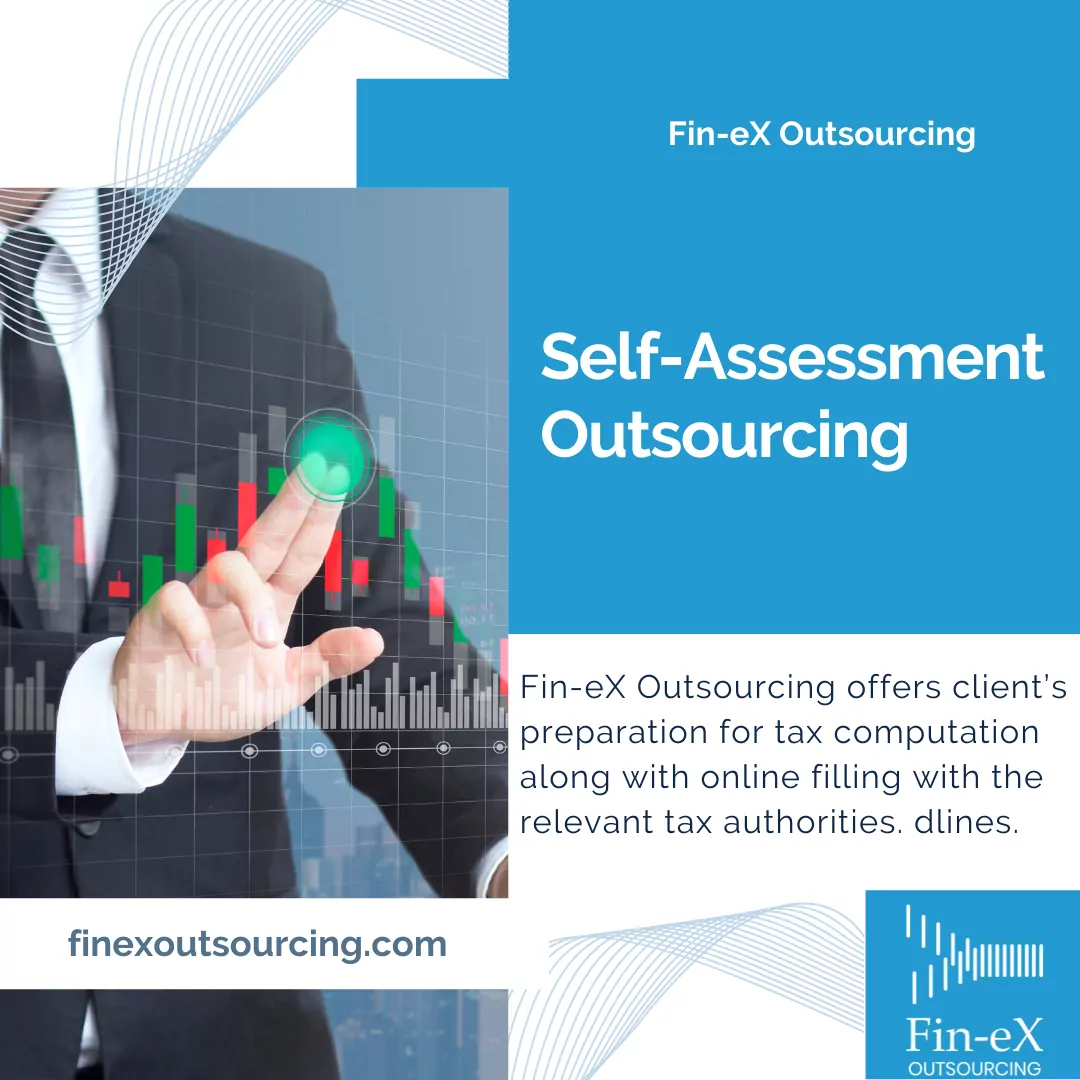
Good Impacts of Self-Assessment Outsourcing
A self-assessment outsourcing is used to declare taxable income to the HM Revenue and Customs (HMRC). A variety of persons would need an annual Self- Assessment Tax Return; generally, those who are self-employed pay tax at a higher rate, get income from sources that are not subject to tax or receive overseas income.
It is common for accounting companies to subcontract out the preparation of self-assessment outsourcing during their busiest times or when they lose vital workers before their most active periods and need to submit all tax returns by the 31st January due date. We take great delight in the fact that our outsourced customers chose us as well since we are experts in reporting capital gains, domicile and non-domicile situations, foreign income reporting, and other areas.
Impacts of self-assessment outsourcing
Self-assessment outsourcing is now a regular choice in many sectors, but when it comes to accountants, there is no doubt that many are still wary of outsourcing accounting services. Since tax is such a delicate subject, they have even more reservations. As a result, you need a self-assessment outsourcing partner with whom you can place your trust. However, as a result of the many accounting companies available and the numerous advantages, it is possible to choose one that meets your needs.
reducing costs by a significant amount without compromising quality
This is the initial step in self-assessment outsourcing any service. And, when you outsource tax return preparation services to India in particular, you may save a significant amount of money on staff expenses while not compromising the quality of the work you get in return. Many self-assessment outsourcing companies already have established relationships with many accountants and accounting firms in the United Kingdom. As a result, they have a wealth of knowledge and skills to offer you.
Quick turnaround time is essential.
The majority of accountants in the United Kingdom choose to outsource self-assessment tax return preparation work when deadlines are approaching. This is a popular choice because the short turnaround time may be as little as an hour for a self-assessment tax return, provided you can furnish them with all of the necessary information.
Resources to Increase the Number of Services Offered
Self-assessment outsourcing provides you with access to a poll of experts from your outsourcing partner’s organization. This allows you to provide customers with various services, even ones that you would not ordinarily provide. This implies that you may take on more work and expand your customer base without hiring more employees.
Three crucial factors in self-assessment outsourcing
In the self-assessment outsourcing, these are three crucial factors to consider, which we will outline below.
Tax on Earnings
A person’s income does not just include the money earned from specific employment; it also has various governmental benefits, the money earned through a company, and some forms of interest. Take notice that not all forms of income are taxed in this country. The vast majority of persons are entitled to a tax-free personal allowance. Also, keep in mind that if your income exceeds £125,000, you will not be eligible for the personal tax allowance.
Capital Gains Tax
If the value of your goods increases over the period you have possessed them. (for example, if you buy a second house, antiques, or stocks), you may be subject to Capital Gains Tax (CGT).
When you sell or give them away, you are responsible for paying all applicable self-assessment outsourcing taxes. There are two separate capital gains tax (CGT) rates – one for real estate and another for other assets. The amount of tax you owe is determined by the item on which you generated a profit as well as your tax band.
Inheritance Tax
In the case of inheritance tax, the estate of a deceased individual is often responsible for paying self-assessment outsourcing taxes. Therefore, you may be required to pay Inheritance Tax on a gift given to you by a dead person within seven years of their death. You may also be required to pay it. Your inheritance is placed into a trust and the trust is unable to pay it.
If the will specifies that Inheritance Tax should be paid out of the assets you have inherited, the executor of the will is responsible for paying the tax on your behalf. If you must pay that tax, you will be contacted by HM Revenue and Customs (HMRC).


